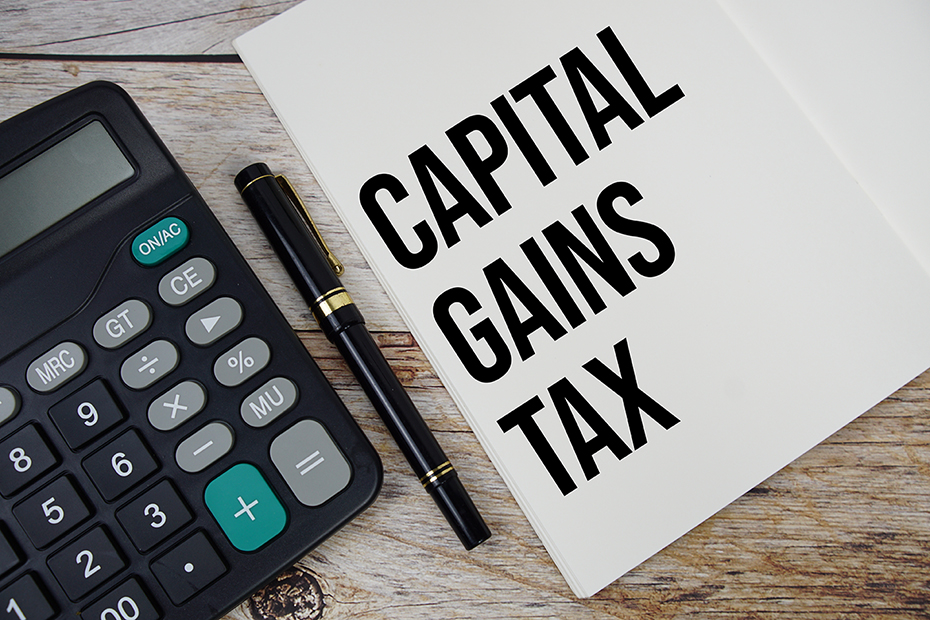

The UK government’s Autumn Budget 2024 has brought significant updates to the tax incentives for electric and hybrid company cars, with notable changes that could impact businesses and employees who rely on these vehicles. The announcement outlines continued support for fully electric vehicles (EVs) but introduces higher tax rates for plug-in hybrid vehicles (PHEVs), signalling a shift in the government’s approach to encouraging greener transport options.
Here’s what businesses and company car drivers need to know about the upcoming changes and how they may affect vehicle fleets going forward.
Continued Support for Fully Electric Vehicles (EVs)
One of the key announcements in the Autumn Budget 2024 is that tax incentives for fully electric company cars will remain in place beyond 2028. This decision reinforces the government’s commitment to supporting the transition to a zero-emissions future, and it provides certainty for businesses and employees who are making long-term decisions about company cars. With zero emissions, EVs remain a highly attractive option for businesses looking to reduce their carbon footprint, meet sustainability goals, and take advantage of generous tax incentives.
Key tax incentives for EVs include lower Benefit-in-Kind (BIK) rates, allowing employees who use an EV as their company car to pay lower tax rates compared to petrol or diesel vehicles. With the continuation of these incentives, businesses can help their employees reduce their tax burden while contributing to the UK's overall carbon reduction targets.
Higher Tax Rates for Plug-in Hybrid Vehicles (PHEVs)
On the flip side, plug-in hybrid vehicles (PHEVs) will see tax rates rise after 2028. While PHEVs offer a combination of electric and petrol/diesel power, they have been under scrutiny for not always delivering the environmental benefits that were initially promised. The government has recognised that while PHEVs are a stepping stone in the transition to fully electric vehicles, they are not as effective at reducing emissions as EVs.
As a result, the Autumn Budget 2024 proposes higher tax rates for PHEVs, with an emphasis on encouraging businesses and drivers to shift towards fully electric options. This could make PHEVs less attractive from a tax perspective, prompting businesses to reconsider their fleet choices and potentially accelerate the move towards EVs.
What This Means for Businesses and Company Car Drivers
For businesses, the continuation of EV tax incentives is great news, particularly for those who have already invested in electric vehicles or are planning to do so in the future. The clarity around tax breaks for EVs beyond 2028 offers confidence in long-term planning and presents an opportunity to update fleets in line with sustainability goals.
However, businesses with plug-in hybrid vehicles in their fleets should be aware of the impending tax changes and start preparing for the higher rates that will apply post-2028. Depending on the size of your fleet, this could have significant financial implications. It may be worth evaluating whether PHEVs still make sense in your fleet or if a switch to fully electric cars would be a more cost-effective and environmentally friendly option in the long run.
For company car drivers, the continuation of EV tax incentives means that switching to an electric car remains a great financial decision. The rising tax rates for PHEVs, on the other hand, should serve as a warning to consider making the switch to a fully electric vehicle sooner rather than later to continue benefiting from the tax advantages.
Moving Towards a Greener Future
The UK government’s decision to incentivise fully electric vehicles while phasing out the financial advantages for PHEVs signals a stronger commitment to the country’s net-zero goals. It also places greater emphasis on the role that businesses, employees, and the automotive industry can play in driving emissions reductions.
While the changes announced in the Autumn Budget will affect how businesses and employees view company cars, they also represent a valuable opportunity to embrace green technology and contribute to a more sustainable future.
What Should Businesses Do Now?
- Evaluate Your Fleet: If your business currently operates a fleet of plug-in hybrid vehicles, it’s a good time to start reviewing your options. Do the tax increases for PHEVs justify the transition to fully electric vehicles sooner?
- Plan for the Future: The continuation of EV incentives is a long-term benefit for businesses looking to future-proof their fleets. Start thinking about how your company can take advantage of these tax breaks well into the future.
- Consult a Tax Professional: The changes to PHEV tax rates may require strategic adjustments to your fleet policy. We can help you assess the financial implications of these changes and determine the most cost-effective path forward.
As businesses and individuals embrace these new tax guidelines, it’s clear that the transition to electric vehicles is becoming an increasingly attractive option, and in many cases, a necessary one. Whether you're updating your fleet or making a decision about your next company car, now is the time to plan ahead and take advantage of the incentives available before the rules change.





